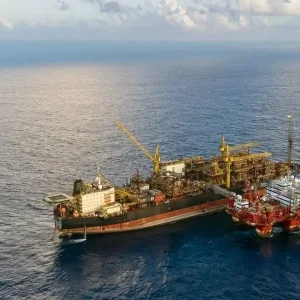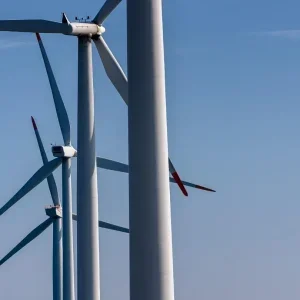
In the unusual step of releasing a joint statement, the International Energy Agency (IEA) and Opec have expressed their “deep concerns” over the impact of the coronavirus crisis on global oil markets – particularly for developing countries.
It follows a phone call this week, in which the leaders of the two organisations, Dr Fatih Birol and Mohammad Sanusi Barkindo, agreed the pandemic will have a “material impact” for the citizens of undiversified economies “heavily reliant” on income from hydrocarbons, such as Nigeria, Iraq, Oman and Ecuador.
IEA analysis estimates 2020 income from oil and gas in these “vulnerable” countries will fall by 50% to 85% compared to last year – reaching the lowest levels in more than two decades.
This is likely to result in “major social and economic consequences” for such regions, especially for public sector spending on healthcare and education.
IEA and Opec call for ‘market stability’ to shield developing countries from the worst impact of the oil crisis
Both groups emphasised the importance of “market stability” amid these times of crisis, a thinly-veiled reference to the actions of Russia and Saudi Arabia, which this month embarked on a price war – a dispute Dr Birol recently labelled “irresponsible” in its disregard for tackling the health emergency.
The statement added: “The impacts of extreme volatility are felt by producers, particularly in terms of much-needed income, and by both producers and consumers, who are affected by an unstable and unpredictable market.”
No concrete measures to address the situation were announced, although the heads of the two organisations confirmed they would “remain in close contact on the matter”.
Covid-19 has wreaked havoc on global oil markets
The intensifying impact of Covid-19 on global markets and national economies has sent shockwaves across all sections of commerce, although slowdowns in heavy industry and travel, in particular, have seen oil and gas commodities experience an especially heavy blow.
The IEA recently slashed its oil demand forecasts for the year, warning of the first global contraction in a decade of roughly 90,000 barrel per day (bpd) – compared to its previous estimate of 825,000 bpd growth.
Even before the health crisis took grip in China at the start of the year, Opec countries and their allies led by Russia in the Opec+ alliance had agreed to curtail crude oil production to hold up prices in a market awash with cheap US shale oil.
Already weakening prices were further impacted by the failed negotiations earlier this month between Opec, nominally led by Saudi Arabia, and Russia to agree on new output cuts in response to coronavirus – a fall-out that led Riyadh to spark a price war by committing to ramp up production and drench the market with heavily-discounted crude.
The culmination of all these factors has been for prices of Brent crude, the global benchmark, to more than halve since the turn of the year, with the commodity currently trading at around $31 per barrel.
Latest analysis by the US Energy Information Administration suggests Brent crude prices will average out at $43 per barrel over the whole of 2020, rising to $55 per barrel next year as global oil inventories decline and put upward pressure on prices.
These estimates compare to the 2019 average of $64 per barrel.






